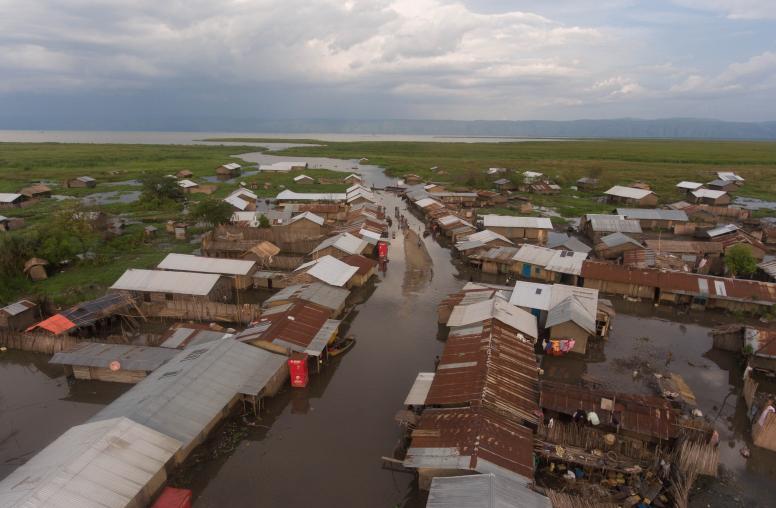Supporting Youth Who Build Peace: How Can We Foster Resilience to Violence and Trauma?
Read the Event CoverageThe world’s most violent 21st-century conflicts are centered among countries with the highest proportions of youth. A staggering 230 million children live in lands that have become battlefields, and extremist groups exploit their traumas to recruit youth to violence. Yet from these same embattled lands, young leaders emerge, working to heal divisions in their communities and build peace. They often face large social or political forces of violent conflict, and even threats of suppression or violence by combatants. As they do, how can others help them sustain the personal resilience on which their work depends? On May 4, USIP hosted a global discussion online.
In the contest with extremist ideologies for the hearts and minds of youth, no resource is more essential than those leaders who, themselves young, are campaigning creatively to bridge their countries’ divides and build inclusive societies. Research highlights the resilience of youth leaders and their capacities to serve as partners and influencers in peacebuilding. Transforming violent conflict into peaceful change requires the inclusion of young people as full partners. The U.N. Security Council affirmed this principle in December with its Resolution 2250 on Youth, Peace and Security.
The U.S. Institute of Peace hosted a panel discussion in Dharamsala, India—the residence of the Dalai Lama—on ways to sustain the resilience of these youth leaders and advance their critical role. This event took place during a five-day USIP Youth Leaders’ Exchange with the Dalai Lama USIP Youth Leaders’ Exchange with the Dalai Lama, a project that draws from USIP’s USIP’s Generation Change program. This exchange was a USIP collaboration with the Office of His Holiness the Dalai Lama.
The panel discussion included experts from varied disciplines and dozens of youth peacebuilders. It considered impacts of violent conflict on brain development, resources within religion and spirituality to combat extremism, and ways to change global policies to better include youth in the building of peace.
This event was streamed live on this page. Viewers around the world were invited to join the discussion and pose questions for the panel on Twitter via #USIPYouthExchange.
Panelists seated left to right, Victoria Ibiwoye, Emile Bruneau, Soukaina Hamia, Saji Prelis, Michael Gerson
Speakers
Nancy Lindborg
President, U.S. Institute of Peace
Michael Gerson, Moderator
Columnist, Washington Post
@MJGerson
Emile Bruneau
Social and Cognitive Scientist, University of Pennsylvania and Massachusetts Institute of Technology
Saji Prelis
Director of Children and Youth Programs, Search for Common Ground
Youth Leaders
- Soukaina Hamia, Morocco
- Victoria Ibiwoye, Nigeria
@Victoriaibiwoye



